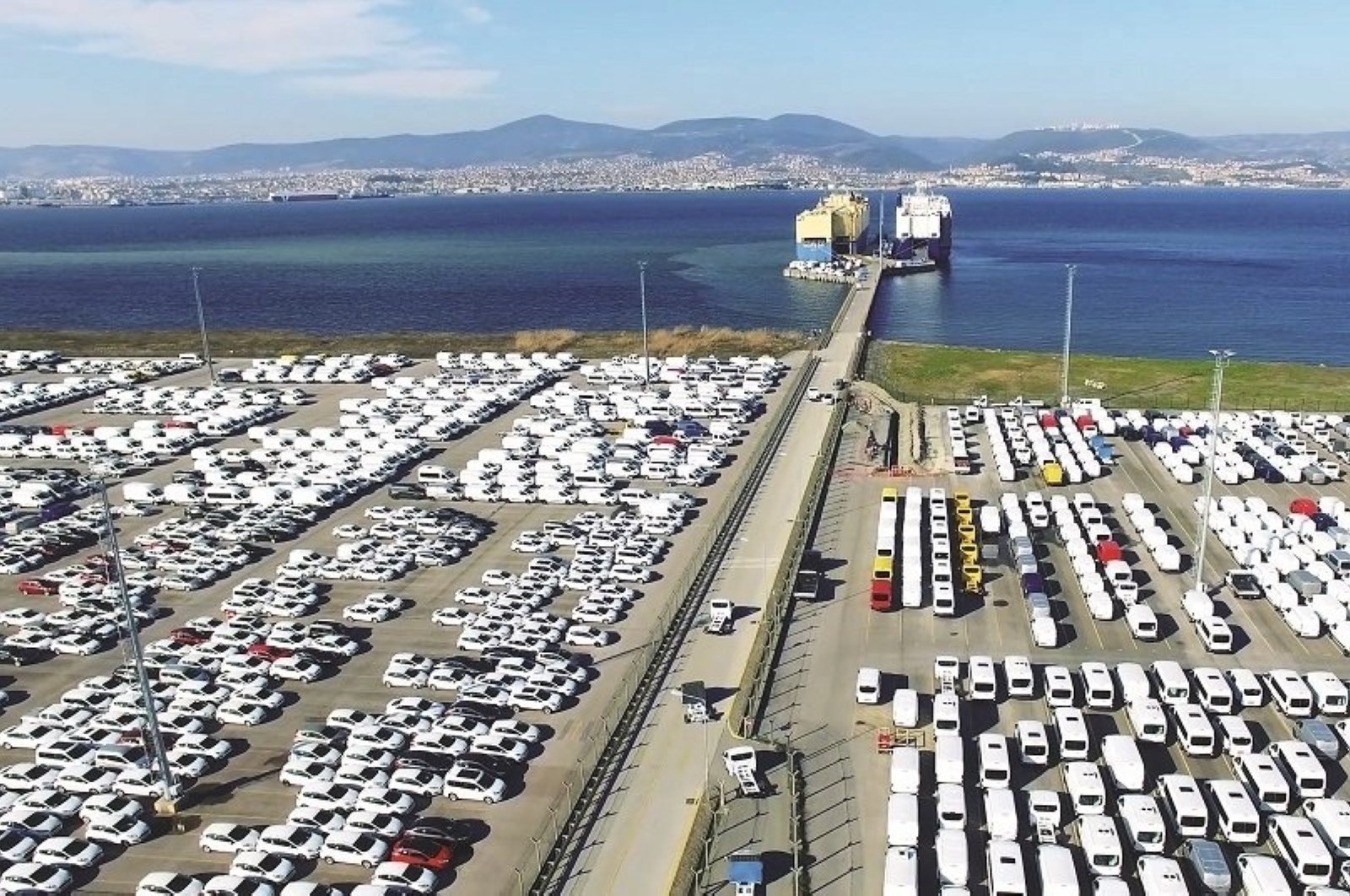Türkiye: 2023 Earthquakes Situation Report No. 8, As of 9 March 2023 – Türkiye
This report is produced by the OCHA mission in Türkiye in collaboration with humanitarian partners and covers the humanitarian situation and earthquake response in Türkiye. Updates provided on emergency response activities reflect a summary snapshot rather than an exhaustive representation on all ongoing response efforts
Highlights
• Turkish President Recep Tayyip Erdogan announced on 6 March that the death toll from the deadly earthquakes has risen to 46,104.
• He said the number of collapsed and heavily damaged buildings in 11 provinces in the earthquake zone reached 230 thousand.
• The President added that currently 3 million 320 thousand people were evacuated from the earthquake zone and went to other provinces, while 800 thousand people in the region took shelter in their villages.
• Human mobility remains a key characteristic of this disaster. IOM reports that over 2.7 million people have been displaced in Türkiye by the earthquake. A majority of these individuals are living in temporary settlements, half of which are classified as informal. Due to the scale of the crisis, temporary settlements lack access to safe and dignified water and sanitation, health care and other essential services.
• On 2 March, Türkiye’s Disaster and Emergency Management Presidency (AFAD) reported that the total number of people who were given shelter in the region affected by the earthquake is 1,593,808. In other provinces, a total of 329,960 people affected by the disaster are provided with accommodation services, bringing the total number of people provided with shelter and accommodation to more than 1.9 million.
• As of 8 March, IFRC, IOM, UNHCR and UNICEF have together provided more than 42 thousand tents, along with more than 124 thousand bedsheets by IOM. IFRC, IOM and UNHCR have provided more than 278 thousand blankets and more than 181 thousand mattresses as well as a variety of other critical items, including kitchen sets and tarpaulins.
• IOM alone dispatched more than 977 thousand non-food items, including blankets, mattresses, winter clothes and kitchen sets, to an estimated 1.4 million people.
• WFP has provided more than 5,7 million food packages and hot meals as of 8 March. WFP and its partners have provided food assistance to over 900 thousand people.
• WHO’s Emergency Medical Teams initiative has provided essential healthcare to 23,986 injured and vulnerable people affected by the disaster.
• As of 01 March, UNICEF has reached nearly 319,000 people, including over 183,000 children, with critical supplies including hygiene kits and non-food items such as winter clothes, electrical heaters, blankets etc.
• UNFPA supported around 8,900 individuals with life-saving assistance for sexual and reproductive health (SRH) and violence against women, girls and other individuals in situations of vulnerability, including dignity and maternity kits.
• A long-term needs assessment led by the Government with support from UNDP, the World Bank and the European Union (EU) counts the earthquake damages at over US$100 billion.
• On 8 March, Sebastian Rhodes Stampa, Senior Response Coordinator for Türkiye, joined UN Women in marking International Women’s Day by meeting with women frontliners, community leaders, and civil society organization representatives in Islahiye, a town in Gaziantep affected by the earthquakes. While the earthquake increased the existing inequalities, women were on the ground from day one as frontliners. The women responders highlighted the immediate and longer-term specific needs of women and girls, including safety and privacy, hygiene, psychosocial support and livelihood opportunities.
Disclaimer
- UN Office for the Coordination of Humanitarian Affairs
- To learn more about OCHA’s activities, please visit


